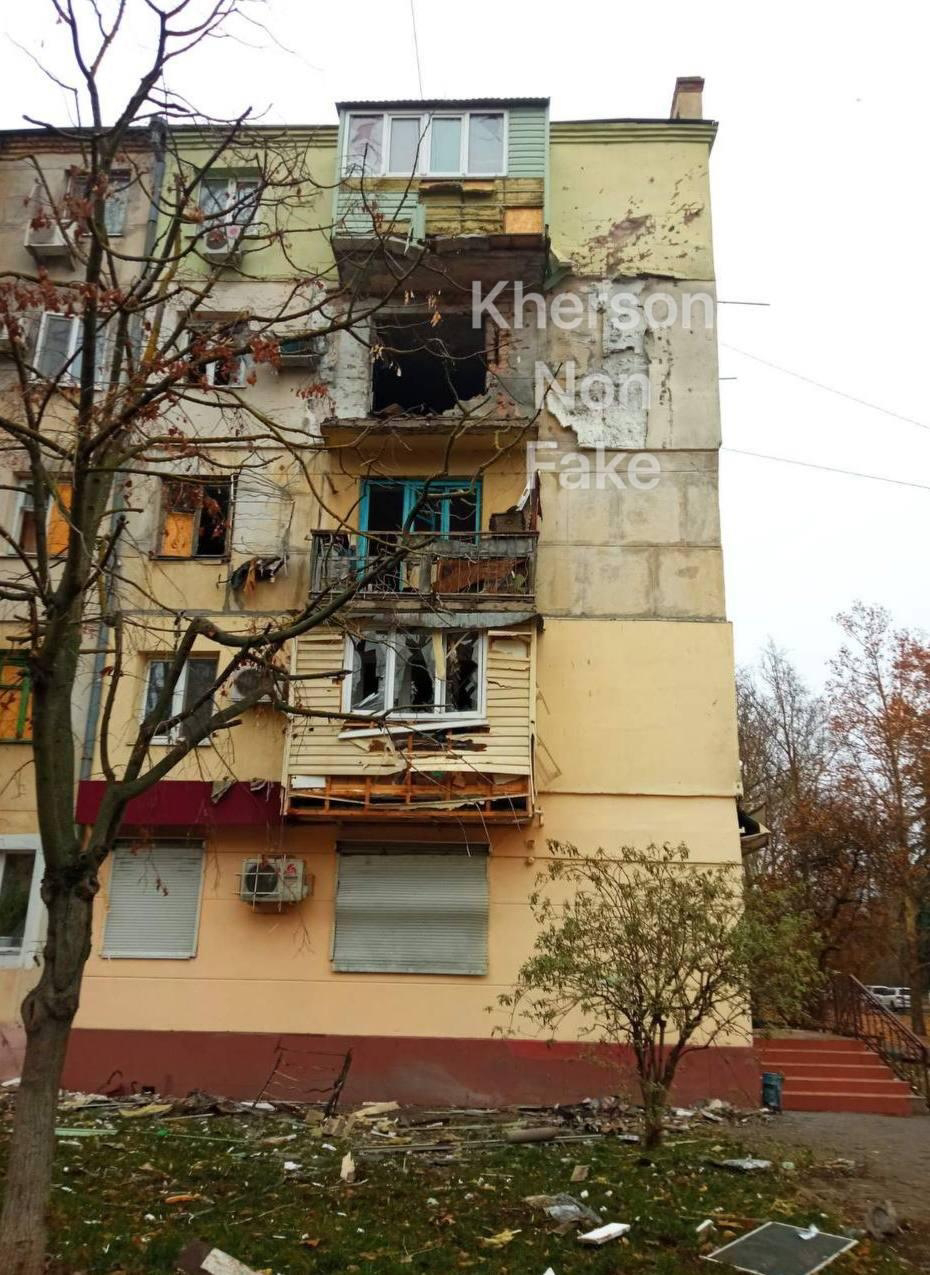Sometimes it's hard to find the words...
So these are some impressions and photos from today's aid run to Oleksandrivka, Kherson Oblast (district) from me. Bob will add his tomorrow.
The lovely Hublovsky lighthouse by the road running along the estuary, south of Mykolaiv - a beacon of light in the bleak landscape of war, although it's no longer working.
Swans, just as on the Somerset levels, but, in front of them, the wreckage of a bombed vehicle in which a local man was killed.
Driving across the causeway to Oleksandrivka, the burnt out wreckage of countless cars on either side.
The shock of driving into Oleksandrivka, immediately an apocalyptic landscape of mangled vehicles and one pulverised building after another.
An even greater shock, for me - the sound of a shell exploding under 500 metres away. This is 'normal' because the Russian army is not far away, about 8 kilometres away and constantly lobbing shells across the Dnipro River, indiscriminately - this one landed on an already bombed building. In fact, we had been warned that there might be some 'noises' but nothing prepared me for how loud the bang was.
Unloading the aid from the van into a bullet-scarred administration building, the whirring of a generator - we had 4 with us from Paszki dla Ukrainy (Packages for Ukraine) - in the background.
The mayor of the village, saying that it was a beautiful village (by an estuary, lots of birdlife) and she wants people to return. It was a village of about 2500 people before the war. Now 95 families. No children as all the schools have been destroyed. The children have moved to the nearby village of Stanislav - although it was also occupied by the Russian invaders, it is relatively intact.
The mayor showed us around some of the village.
The Cultural Centre:
As we left the village we saw that the bus stop had survived. And the bus is still running, along an unbelievably pot-holed and muddy road.
Stopping further south, at Stanislav, our guide, Svitlana, introduced us to a family (parents and daughters, 23 and 14) willing to talk to us about their experience of the 8-months Russian occupation - the father showing us how he was made to kneel, his hands tied behind his back and a pistol to his head; others, he said, were beaten and had their ears cut off; his younger daughter bravely saying that she was not stupid enough to attend a Russian school.
We are only just learning about some of the horrors of the Russian occupation, first-hand, and this is part of why it is important for us to go to areas where there is more risk.
It was all too much to take in, really.

















Comments
Post a Comment